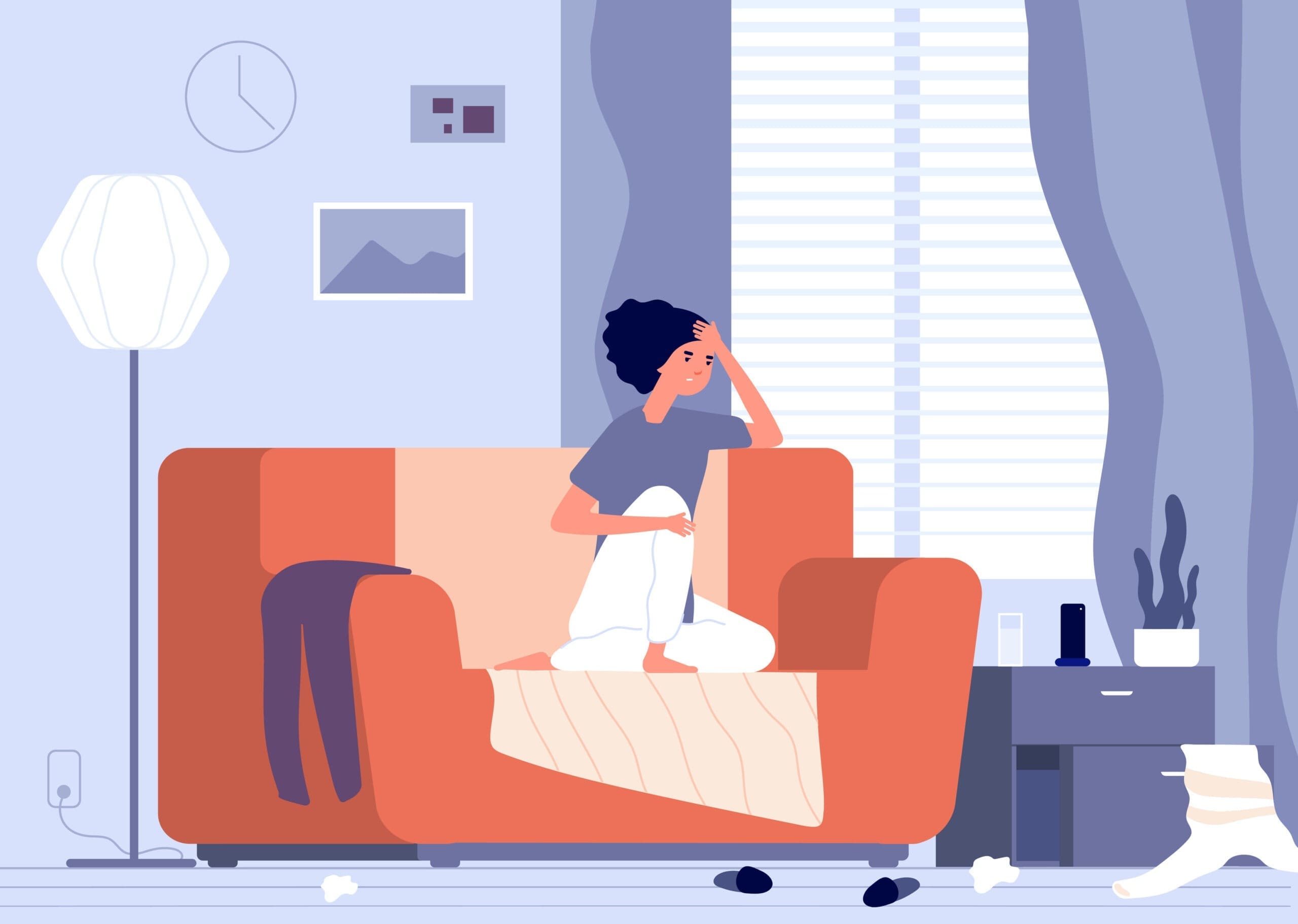Loneliness
Why would the United Kingdom establish a Minister of Loneliness, as they did recently? There is growing evidence that loneliness is a health risk.
It’s been linked to greater risk of depression, of various diseases and to early death – and appears to affect a large number of people. But what do we know about who is at the greatest risk of loneliness? Are there particular times in a person’s life when they’re most vulnerable to being lonely?
This research gathered three different cohorts of people living in California. Combined, the three groups broadly covered population demographics.
The cohorts were measured for depression, anxiety, sociodemographic information like income, race and education level, and how lonely they felt using a standardised tool.
The questionnaire didn’t explicitly mention loneliness, but it did ask questions like how often the person felt in touch with others around them and how often they felt left out. 340 people were included in the final analysis, with an average age of 62.
By one measure, three-quarters of those in the study answered in a way which suggested they were lonely. Those who were more likely to feel lonely were often single, lived alone, and didn’t earn much money. Being lonely was associated with more depression, anxiety and stress, which was the case even for moderate levels of loneliness.
Those in their late 20s, mid 50s and late 80s were the most likely to experience loneliness.
Interestingly, the researchers found that there were particular times in a person’s life where the loneliness was most severe – in someone’s late 20s, mid 50s, and late 80s. While the late 80s bracket accords with the usual wisdom that people are at greater risk of loneliness as they age, the 20-somethings were surprising to researchers.
Implications
This study could indicate where resources may need to be allocated to best prevent loneliness, which more evidence is showing is a public health risk. Developing strong social bonds with others over your lifetime is a key predictor of healthy ageing.





